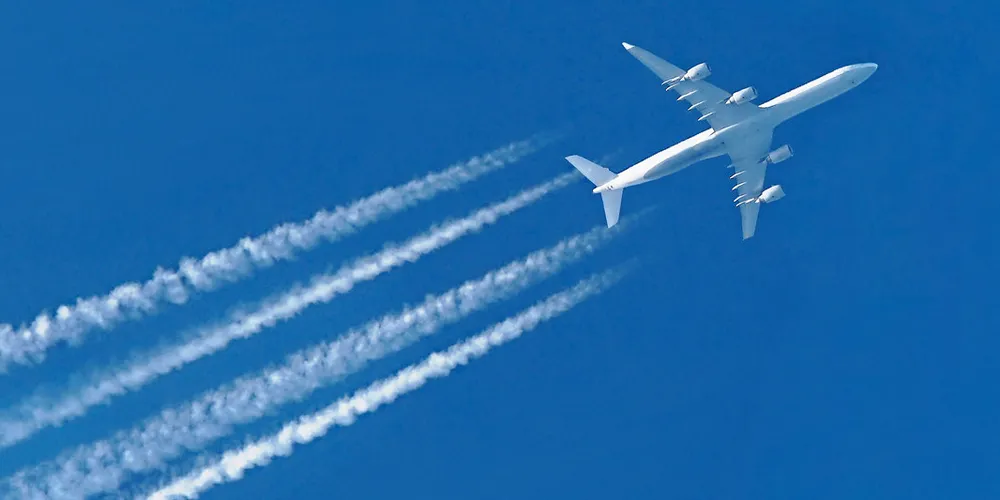Salmon farming industry wrestles with its single biggest sustainability hurdle
While the industry works to reduce its environmental impact, its heavy reliance on air cargo to ship its products casts a long shadow.

While the industry works to reduce its environmental impact, its heavy reliance on air cargo to ship its products casts a long shadow.
